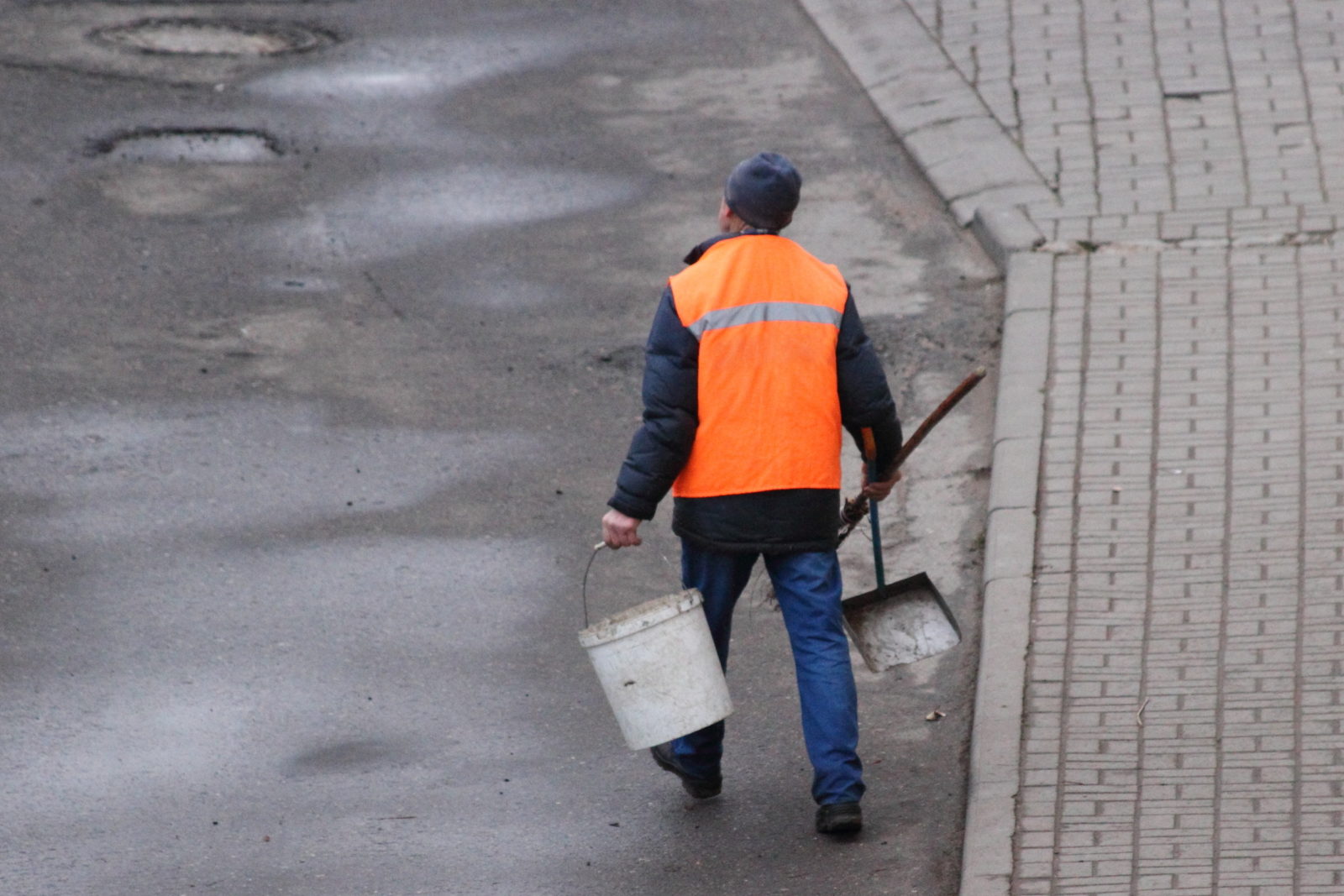If you Googled “Labor Day sales” yesterday, you could spend the rest of your life reading the 1.2 billion references to potential purchases. I didn’t find much, though, about a new development that could lead to lives of dignity. Some cities are recognizing the importance of labor for everyone capable of working. That includes homeless men and women who have spent too much time being treated as pets (put some food in their bowls) rather than people.
During the past year cities from California and Oregon to Arkansas, Texas, and Georgia have experimented with paying homeless individuals to pick up trash. Reporters may have cherry-picked homeless folks with positive attitudes, but their initial quotations were enthusiastic. Israel Garcia, 44, in San Diego: “We’re out trying to get ahead in our lives.” Johnny Ross, 49, in Little Rock: “It gave me a little something to do and I liked the work.” John Dye, 42, in Athens, Georgia: “A man has to work to eat. I try to pick up odd city jobs as well.”
Even Seattle, a disaster area for homelessness, now has a Conservation Corp in which 50 people coming out of tent-living assemble at 7:30 a.m every workday to clean debris and weeds from drainage areas, install signs, board up derelict houses, and do other city chores. They earn money and receive guidance for housing and mental health counseling as needed.
Maybe we’re rediscovering what worked well a long time ago. In 1890 woodyards next to homeless shelters were as common as liquor stores are in 2022. Able-bodied men chopped wood before dinner. Women sewed clothes. The Friendly Inn in Baltimore in 1890 served 24,901 meals “worked for” (and 6,084 given the disabled without work). In Buffalo, the Charity Organizing Society provided 11,589 days of work to homeless men.
Minister S. Humphreys Gurteen, who founded the Buffalo COS, was concerned about “concentrated and systematized” homelessness. He knew that in hard times many were impoverished “by no fault of their own.” But he also recognized that “It is possible to do an immense amount of harm by Charity, so-called. It is possible to reduce a fellow-being to the condition of a willing pauper, by fostering habits of indolence.”
Gurteen in 1882 criticized two extremes, Social Darwinism and Social Universalism. The first ideology encouraged those with means to “stand aloof in haughty indifference from all the woes of our fellowmen, and to close our ears to the cries of the suffering.” The latter led to “misdirected love” that led some to “give blindly at the approach of distress, real or feigned, mistaking the flutter of satisfaction, which ever bellows an act of benevolence, for the smile of heaven.”
Real labor for all who are capable should be a requirement, not just an add-on in Seattle and other cities that are now experimenting. The problem is that many people think requiring work is heartless. Even in the nineteenth century Gurteen’s critics quoted a book that retained its influence for decades, Charles Lamb’s Essays of Elia (1823 and 1833): Lamb wrote, “Give and ask no questions.”
Gurteen, though, pushed back: “Is it, we ask, a very hard-hearted thing for the public to require an equivalent of labor, from those who are able to give it, in return for the relief which they receive? Is it unchristian? Is it not in the sweat of his brow that man is to eat his bread? Is not the Commandment, ‘Six days shalt though labor?’ And does not the apostle lay it down as a law, that ‘if any will not work, neither shall he eat?’” (Those are Paul’s words in II Thessalonians 3:10.)
Gurteen wrote about drunkenness “attributable to the money which Christian people had been in the habit of giving in the sacred name of Charity.” He asked givers to think through the consequences of their actions, rather than settling for the burst of emotional comfort they themselves might sustain. We’re making a little progress in answering this 140-year-old challenge from Gurteen: “Is it obeying the apostolic injunction to ‘do good and sin not,’ when by our indiscriminate alms-giving we are destroying the will to labor?” Maybe by next Labor Day labor for all will receive more honor.

